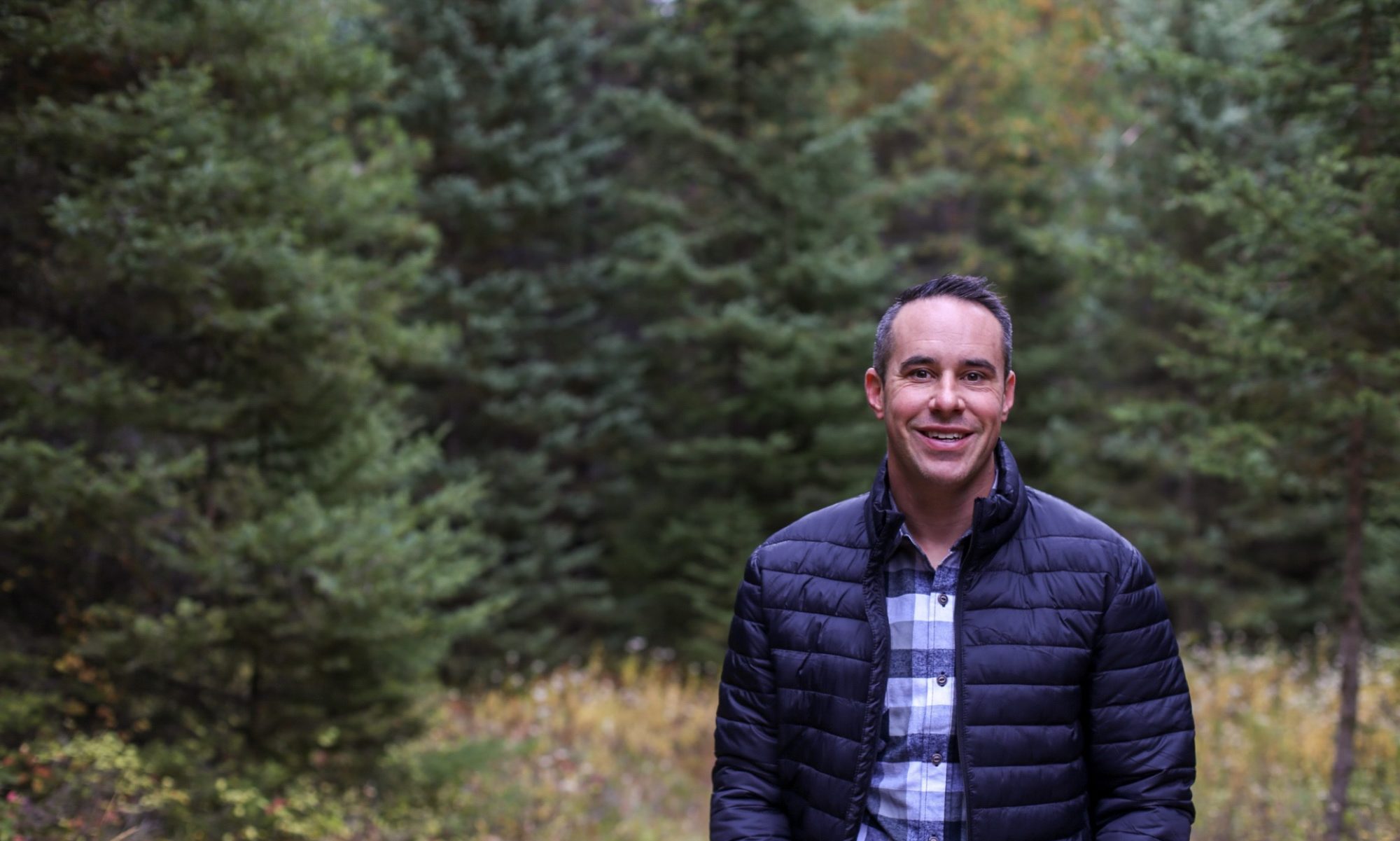As we start a new year, many of us want to do better in different areas of life:
• Better with our money
• Better with our time
• Better with our attitudes
These are all great resolutions, but real and lasting change begins with a transformed heart—a change only Jesus can bring.
A New Year Prayer:
The apostle Paul’s prayer for the Christians in Ephesus is a powerful prayer for us as well as we step into a new year:
”…that according to the riches of his glory he may grant you to be strengthened with power through his Spirit in your inner being, so that Christ may dwell in your hearts through faith—that you, being rooted and grounded in love, may have strength to comprehend with all the saints what is the breadth and length and height and depth, and to know the love of Christ that surpasses knowledge, that you may be filled with all the fullness of God. Now to him who is able to do far more abundantly than all that we ask or think, according to the power at work within us, to him be glory in the church and in Christ Jesus throughout all generations, forever and ever. Amen.” (Ephesians 3:16–21, ESV)
Take a moment to reflect on what Paul is asking for in his prayer for the church.
Be Strengthened
Paul prays not only that we would be strengthened with God’s power through the Holy Spirit, but at the heart of his prayer is a plea for Christians to be rooted and grounded in the multi-dimensional love of Christ.
Paul also prays for a second strength—that we would have the strength to comprehend Christ’s love. This is a love that surpasses knowledge. It’s a love that goes deeper, wider, higher, and longer than we can ever fully grasp. The sacrificial love of Christ is beyond measure—the One who knew no sin took on our sin so that we might become the righteousness of God.
How true it is that when we dwell on the love of Christ, everything else begins to change. Our time is no longer our own; it takes on a gospel urgency. Our money and resources are seen as tools for gospel ministry. Even our behavior transforms—not because of mere effort, but because of a heart that has been changed by the love of Christ.
This year, let’s make it our prayer to grow in strength, faith, and a deeper understanding of Christ’s love. With His power at work in us, we can trust Him to do far more abundantly than all we ask or imagine—for His glory and our good.
And as we pray, may we depend on the Lord moment by moment to strengthen us to comprehend His love and to grow in it each day.







 A. W. Tozer (1897-1963)
A. W. Tozer (1897-1963)